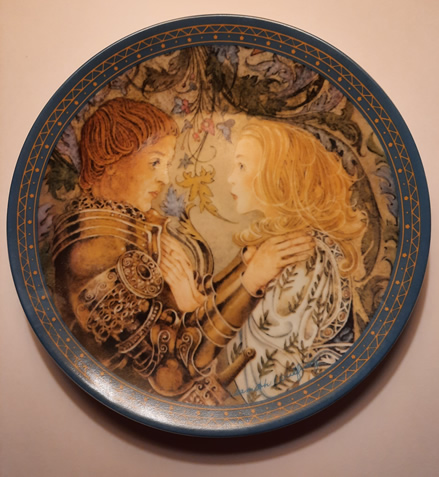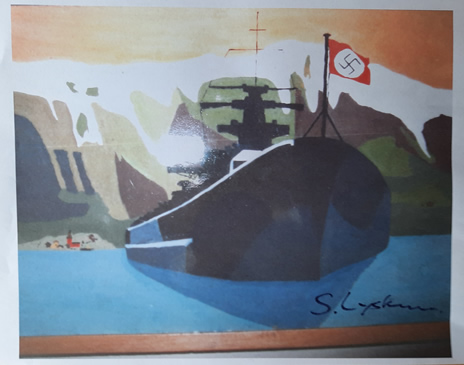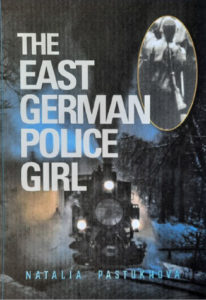
THE STORY
A young police lass – threatened with abuse by a high-ranking officer from Berlin – seizes the opportunity to flee to the West. A shady student, a police informant is by implication, likened to the betrayer Judas Iscariot.
The police lass is plucky and daring, the musician – unwilling to defend herself – is submissive.
Both are good upright young women; one active, the other passive.
LATEST BLOGS
Between Two Worlds
John Betjeman spent the Second World War in the British Embassy in Dublin, his task being to do the rounds of...
THE AUTHOR
Natalia Pastukhova
Natalia was born in Saint Petersburg on the day it regained that name in 1991; her father a musical instrument repairer and her mother a baker.
After reading English and Italian at university, she was recruited into the Ministry for Foreign Affairs and dispatched to the land of lasagne, Lotharios, sun-tan lotion and the original mafiosi.
Embassy life had its moments and could be attractively Machiavellian, but she says, ‘I was always treading on egg-shells.’ And toes we might wonder, as she next pops up working in a coffee-house in Lucca, which she says did not make ‘the best coffee this side of Milan’, but the chatter was less constrained and the false flags of the customers less scary than those of Third Secretary Oleg.
She wrote a short story in English about an eavesdropping beetle called Tatius, which lived in the carpet in the headmaster’s study at her old school, then started on The East German Police Girl, growing gradually more and more absorbed by it and the foibles and courage of its various characters.
In talking to her – or anyone – I want to get beyond the Barbie Doll stuff. Her pastimes are archery, reading, walking in the country, ice-skating, but what is intriguing about someone is motive, ambition. I guess that Natalia would like to settle in Europe and be successful, but true to her background, she keeps her cards close to her chest.
Lucy Sleight.
This wooden spoon and the three coins, which are Swedish, came from the farm which belonged to Natalia’s mother Anna’s forbears before the 1917 revolution. Almost certainly they were brought back by a family member from the Russo-Swedish War of 1788-90, in the reign of Catherine II.
QUOTES
1. This piece is from Bach’s ‘Coffee Cantata’. / Not his ‘Chocolate with Two Scoops of Ice-cream Cantata’?
2. She slid the three ten-Mark notes into an inside pocket; the thirty pieces of silver.
3. Would it please Caligula if I peeled a grape for him?
4. We haven’t done anything yet with our lives … except play with toys and read books. / That’s not so bad a list. You go Christoph. It’s all right. It’s meant to be like this.
5. This coffee’s homeopathic. ‘Weak’ doesn’t come close.
6. What does legato mean Anna? No, it does not mean scratch your left foot.
7. Totalitarian rule can never eradicate that unspoken Freemasonry of good-will between honest people.
8. Uta, if you fell in love with someone you disliked, what would you do? / I once knew a girl to whom that happened, Sir. / And? / She made herself impossible … obnoxious. / Did it work? / Well, she married someone else.
9. She bent right down, took his head in her arms and kissed his temple. He managed a faint smile and then died. Tears ran down her cheeks.
10. Shall we go to bed … or shall we sit up so we’re not so tired in the morning?
11. An angel of painted wood had rosy cheeks and an endearing pastoral aura. She seemed to look down at Niehaus.
12. I asked her if she’ld spend the night with me, but was ignored. / Well, girls often ignore the one they want. / I never realised I was so popular.
13. The carpet had absorbed so much spilt alcohol that bubbles were fermenting under it and each time she put a foot down, it belched.

Tristan and Isolde





